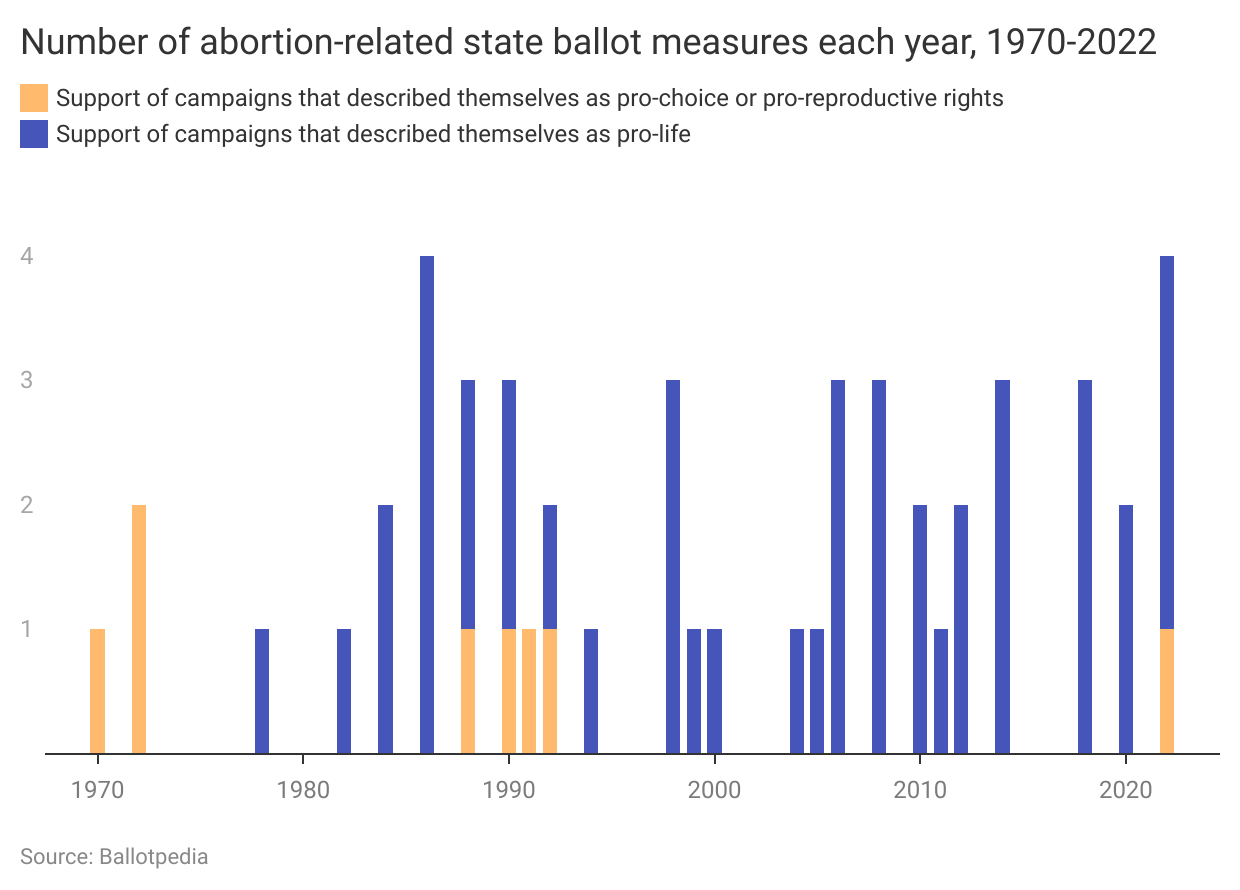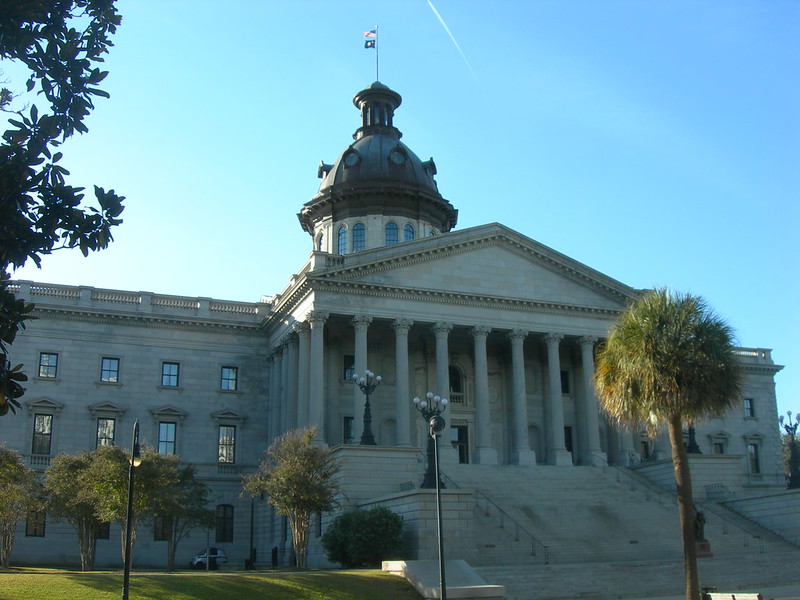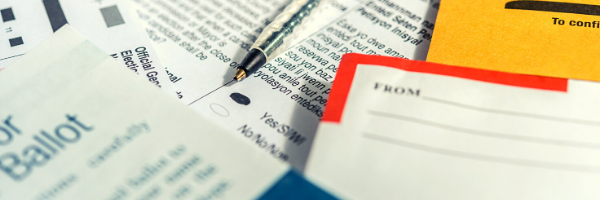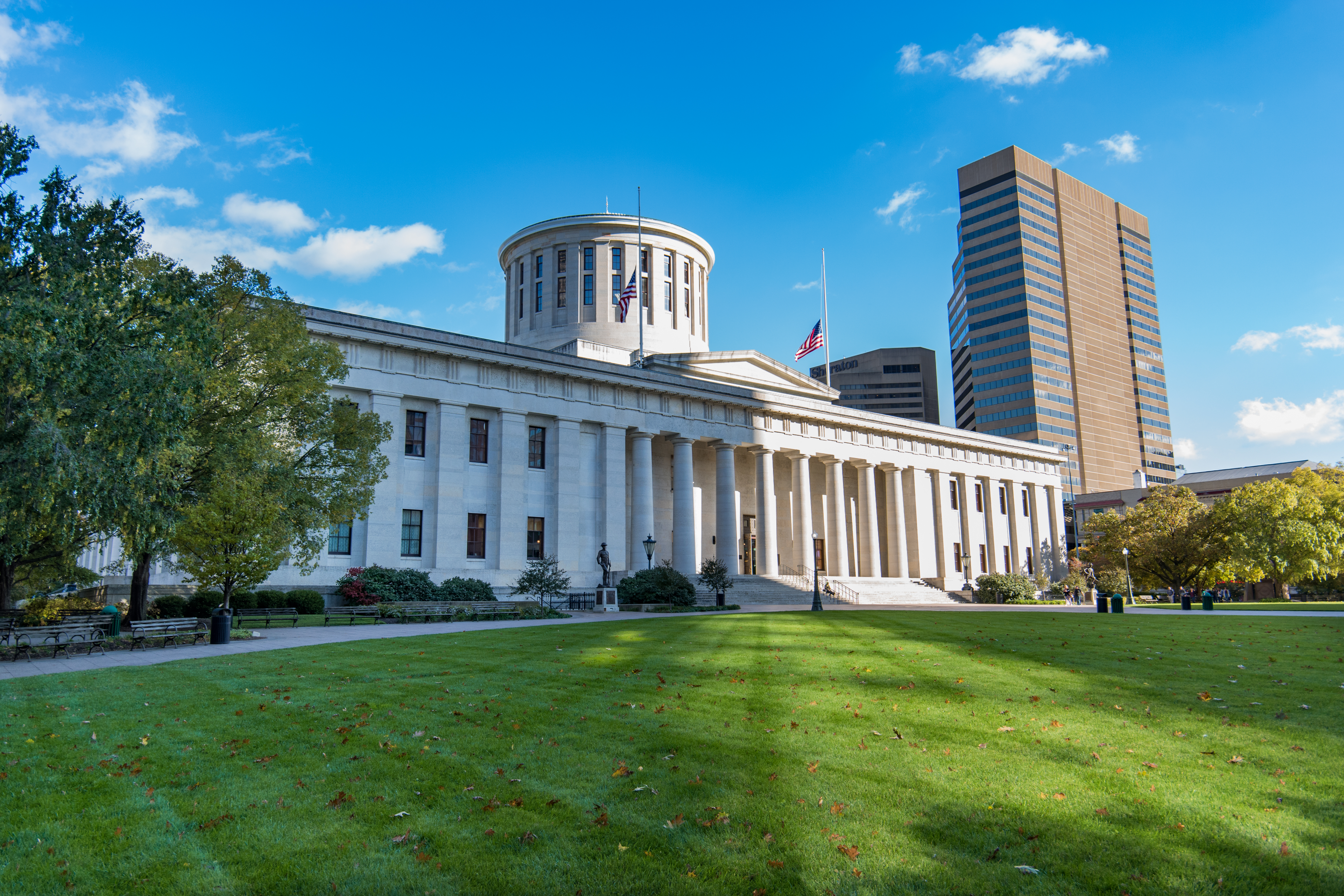Category: Ballot measures
-
An initiative related to California dialysis clinics qualifies for the November ballot

On June 20, the California Secretary of State announced an initiative to enact staffing requirements, reporting requirements, ownership disclosure, and closing requirements at dialysis clinics had qualified for the November ballot. Californians for Kidney Dialysis Patient Protection, the campaign behind the initiative, submitted over 1 million signatures. The random sample concluded that 725,890 signatures were…
-
Measures regarding abortion have been on the ballot 47 times in 23 states since 1970; at least 4 more will be decided this year

Abortion has been a perennial issue for statewide ballot measures across the U.S. since the 1970s, and 2022 is continuing that trend. There will be at least four ballot measures addressing abortion this year, which is the most since 1986. Measures have been certified for the ballot in Kansas, Kentucky, Montana, and Vermont. Should one…
-
South Carolina Legislature refers two constitutional amendments to the 2022 ballot to increase General Reserve and Capital Reserve Funds

South Carolina voters will decide on two constitutional amendments in 2022. One of the amendments would increase the General Reserve Fund from 5% of state general fund revenue to 7%. The increase would be 0.5% percentage points each year until reaching 7%. The state’s General Reserve Fund can be used to cover year-end operating deficits.…
-
California initiative to require additional funding for K-12 art and music education qualifies for the ballot

On June 8, the California Secretary of State announced that an initiative to require additional funding for K-12 art and music education had qualified for the ballot. Californians for Arts and Music Education in Public Schools, the campaign sponsoring the initiative, submitted 1,030,221 signatures for verification in April. Counties conducted a random sample, and the…
-
Louisiana Legislature adjourns 2022 session; eight measures to appear on November ballot and three to appear on December ballot

The Louisiana State Legislature adjourned its 2022 legislative session on June 6, referring six constitutional amendments to this year’s ballots. These amendments join five other constitutional amendments that the Legislature referred during its 2021 session. Eight measures will appear on the November 8 ballot and three will appear on the December 10 ballot. On November…
-
Amendment C defeated in South Dakota

Amendment C was defeated by South Dakota voters on June 7, 2022. With 99.7% of precincts reporting, the ‘No’ vote was at 67.43% (122,387), and the ‘Yes’ vote was at 32.57% (59,111), with a total of 163,014 voting on the amendment. The amendment would have changed the voter requirement threshold for future ballot measures, and…
-
Initiative to cap interest rates for payday loans submits signatures for Michigan ballot

On June 1, the campaign Michiganders for Fair Lending submitted signatures for a ballot initiative that would appear on the November ballot. The initiative would put an annual interest cap of 36% in place for payday loans. Michiganders for Fair Lending argues that the typical payday loan carries a 370% annual rate, and that high…
-
A constitutional amendment on bail changes headed to Ohio ballot

On June 1, the Ohio State Senate voted to place a constitutional amendment regarding bail changes on the general election ballot this November. The Senate voted 25-7 for the amendment after it passed the House on May 25, with a vote of 63-33. The measure, if passed, would change bail policy in Ohio, specifically by…
-
Citizenship voting requirement amendment on the ballot for Ohio voters

On Wednesday, June 1, the Ohio State Senate voted unanimously to pass House Joint Resolution 4 (HJR4), placing it on the general election ballot for voters this November. It is the first measure to qualify for the Nov. 8 ballot in Ohio. The measure would amend three sections of the Ohio Constitution—Section 1 of Article…
-
Amendment C on the June 7 ballot for South Dakota voters

In South Dakota, one statewide ballot measure will appear on the June 7 primary ballot. Amendment C would change the vote requirement for future ballot measures, and may impact measures appearing on the ballot this November. Amendment C is the only statewide ballot measure that will appear on the June 7 ballot in South Dakota. Currently,…

